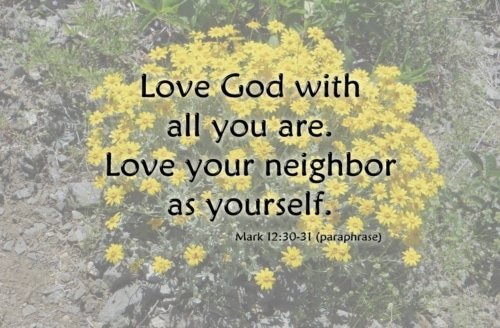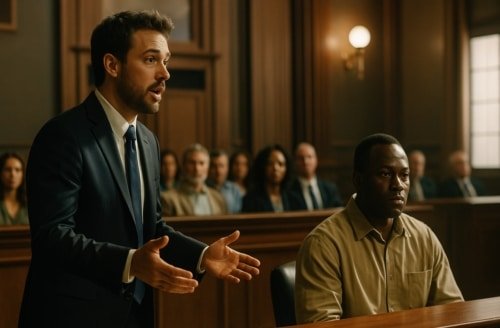

Truly no man can ransom another,
or give to God the price of his life,
for the ransom of their life is costly
and can never suffice,
that he should live on forever
and never see the pit.
What awaits us at the end of this life? Our great hope as believers in the Lord Jesus is that the grave is not the end. That we will experience resurrection and continue to live eternally in the presence of our Lord. But we have that hope because of Jesus’ resurrection. It is a hope that was largely missing in the Old Testament.
What awaited after death in the Old Testament was the grave, the pit, or Sheol. These three terms were all essentially the same—a place of shadowy existence as shades (Isa. 14:9, 26:14). It was not something to look forward to and was to be put off as long as possible.
And that is reflected in Psalm 49:7-9. What can we pay God to be ransomed from the power of Sheol, to live forever uncorrupted by death? And the answer is that the price is too high. No ransom can be paid that would suffice to give eternal life to a man.
But God will ransom my soul from the power of Sheol,
for he will receive me. Selah
But the psalmist did not despair. He continued with one of the few passages in the Old Testament (Job 19:25-26) that held out hope for something beyond the grave. He expressed confidence that God would ransom his soul from the power of the grave. Death was coming. But, rather than eternity in Sheol, God would receive him. And he would dwell in the house of the Lord forever (Ps. 23:6).
The price to ransom our souls from the grave was indeed high. Higher than any human could pay. But the price was paid. God the Son paid it himself on the cross (Matt. 20:28, 1 Tim. 2:6). He did for us what we could not do for ourselves. And now, all who come to him will be received into the Father’s house (John 14:1-3).
Related Posts
The post Ransomed from the Power of Sheol – Psalm 49:7-9, 15 appeared first on A Clay Jar.


